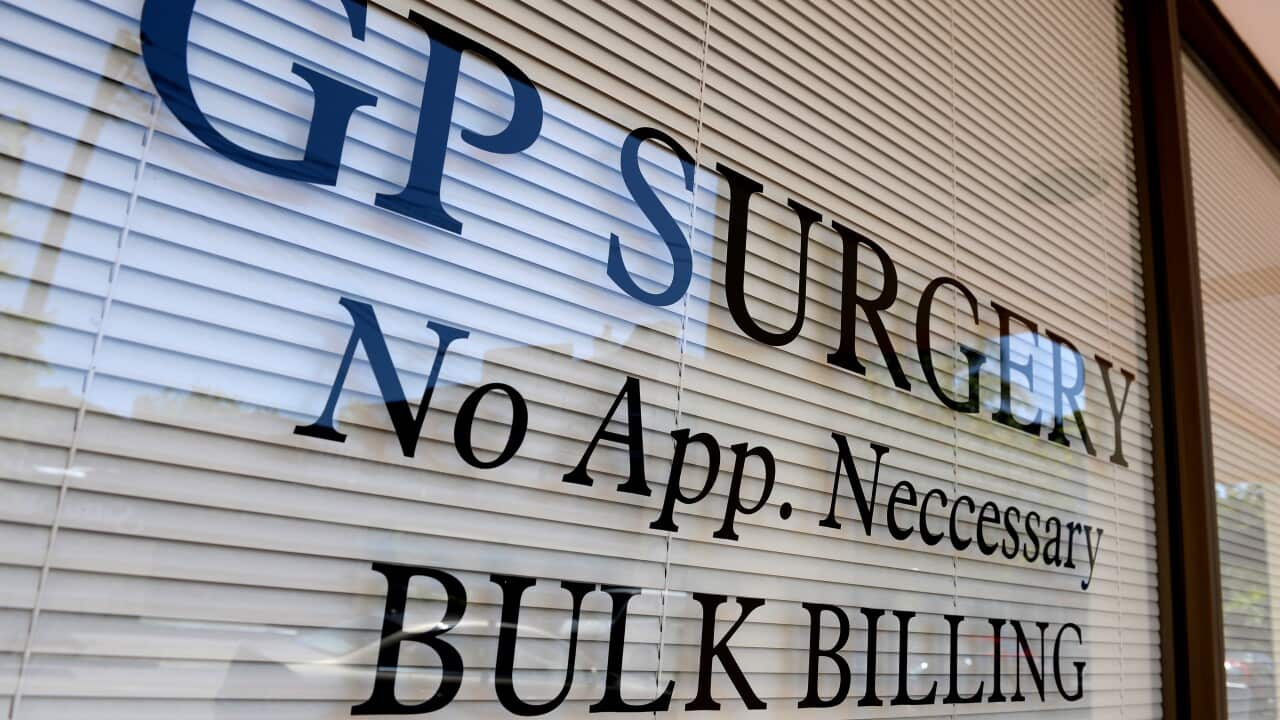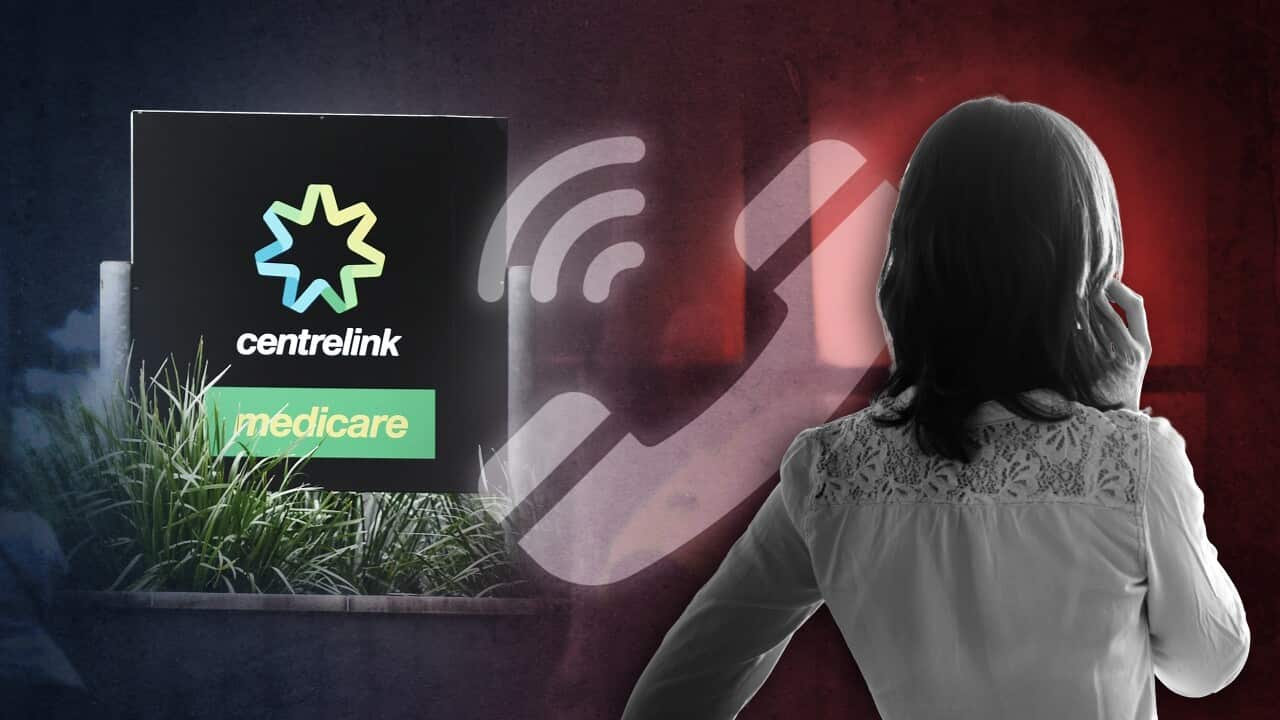Key Points
- New data has revealed it's harder to access a bulk billed GP than previously suggested by the federal government.
- In four electorates there are no bulk billing clinics for new patients.
- Compare your suburb's bulk billing access to the rest of the country - and how much you'll be left out of pocket.
Hundreds of thousands of Australians will have to look beyond their electorates to find a GP clinic that offers bulk billing to new patients, new data has revealed.
A report released by online healthcare directory Cleanbill on Sunday has highlighted that only 35 per cent of GP clinics in Australia offer bulk billing - where doctors bill Medicare instead of the patient - to new patients.
The report, titled Health of the Nation, collated data from 6,363 GP clinics between January and April 2023, categorised by federal electorates. Cleanbill says it's the country's most comprehensive survey on general practitioner availability.
It revealed there are four electorates - Newcastle in NSW, Mayo in South Australia, Fairfax in Queensland and Franklin in Tasmania - where there are no bulk billing clinics for new patients.
The data focuses on patients who are looking for a new doctor. Some GP clinics in these electorates may only bulk bill existing patients but have since scrapped the system for new people entering the clinic.
NSW has the highest rate of bulk billing, with just under half of its clinics offering bulk billing, followed by Victoria at 34.6 per cent - while the ACT sits at 5 per cent with the lowest rate, followed by 6.9 per cent in Tasmania.
The most expensive GP clinics are in Sydney's federal electorates of Parramatta and Wentworth, with patients charged more than $56 for a standard consultation on average.
Cleanbill founder James Gillespie said the findings were "shocking to see in black and white", but not unexpected for Australians struggling to find a new GP.
"That means that, for hundreds of thousands of Australians, if they're looking to find a new GP who takes on new patients and bulk bills, they have to leave their electorate," Mr Gillespie said.
The figures are significantly different to the federal health data released in February that said the national bulk billing rate sat at 82 per cent between July and December last year, with 89 per cent recorded the year before that.
Taking away bulk-billed COVID-19 vaccines, that figure drops to 64.3 per cent between 2021-22 from 67.5 per cent in 2020-21.
Cleanbill's data was calculated by finding the percentage of clinics in Australia that bulk bill an adult during normal business hours for a standard consultation. That differs from the government's data, which assessed all services accessed by a GP.
"If I, as an adult, am walking into the clinic with a Medicare card having booked during a normal workday during normal business hours, will I be charged for that appointment? That's the key thing that people are looking for here," Mr Gillespie said.
Federal Health Minister Mark Butler blamed the former Coalition government for hiding the data that revealed the drop in bulk billing experienced during the COVID-19 pandemic.

Health Minister Mark Butler blamed the Morrison government for failing to be transparent about the bulk billing crisis. Source: AAP / Lukas Coch
Mr Butler said including COVID-19 vaccines and other appointments at GP clinics artificially increased the bulk billing rate, and said the government will continue to work with health stakeholders to make it easier for Australians to see a GP for free.
"Being transparent with the public is the first step," he said.

NSW has the highest percentage of bulk billing centres, compared to the ACT which has the lowest. Source: SBS News
Senator Ruston accused the Labor government of failing to help Australians "with the significant cost of living pressures that are only continuing to rise - more than $40 out of pocket for a GP and more than $50 for scripts, all whilst energy bills are increasing and inflation is skyrocketing".

Liberal health spokeswoman Anne Ruston said Labor had "broken" confidence in the bulk billing system. Source: AAP
The Western Sydney electorates of Blaxland and Chifley have the highest rate of bulk billing in the country, with 98 per cent of available clinics still offering free services for all patients with a Medicare card. According to federal health data, Sydney's west and southwest have the highest number of bulk billing clinics in the country.
Newcastle Labor MP Sharon Claydon accused the Morrison government of funding cuts that she said have made it "increasingly difficult" to build a bulk billing GP clinic in the electorate.
"It is something I consistently raised with the former federal Liberal government, who did nothing but actively undermine universal healthcare while in power, by cutting funding and introducing a six-year freeze on Medicare rebates," she said in a statement.
Ms Claydon said a new after-hours GP clinic is set to be reopened by end of May at the Calvary Mater Hospital in Newcastle.
Independent MP for Mayo Rebekha Sharkie said she's spoken with residents who avoid going to GP clinics or go straight to the emergency department. In her electorate, where there is no bulk billing available for new patients, an appointment costs $40 on average.
"There are lots of people who don't have $40 in their pockets," she said. "It's really concerning."

Independent MP Rebekha Sharkie says some residents of her electorate go straight to the emergency department due to the lack of bulk billing GPs. Source: AAP
Ms Sharkie said she's written to Treasurer Jim Chalmers, demanding that Medicare reforms are prioritised in the upcoming federal budget in May.
SBS News has contacted Fairfax MP Ted O'Brien for comment. Franklin MP Julie Collins referred SBS News to Mr Butler's comments.




